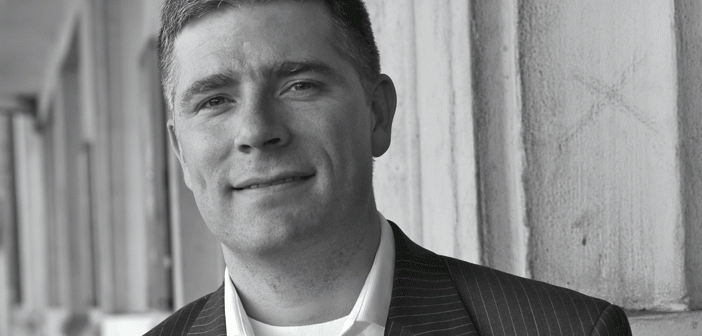An emergency medicine doc traces the evolution of the specialty.
Who is the prototypical emergency medicine doctor? An adrenalin junkie who enjoys lots of stress and never knowing what will happen next, and who can work in a fast-paced, information-poor environment, according to emergency physicians interviewed in the documentary 24|7|365, which was written and produced by Mark Brady, MPH MD’09. Brady is himself an emergency physician, living in Memphis, TN, and practicing with Baptist Memorial Health Care and the Methodist Hospital systems.
Inspired by the book Anyone, Anything, Anytime: A History of Emergency Medicine—written by Brian Zink, MD, Frances Weeden Gibson–Edward A. Iannuccilli, MD, Professor and chair of the Department of Emergency Medicine at Alpert Medical School and Brady’s former professor—Brady wanted to capture the voices of the aging founders of the field before it was too late.
Each year more than 130 million people receive care in emergency departments, but that health safety net is relatively new. Emergency medicine became a board-certified specialty in 1979. “Today, we are basically a full generation removed,” Brady says. “The people who started it knew why they did it, where it came from, what it was like before, and why it was important to do. I wanted people to know why we do what we do.”
Brady does it, he says, out of a desire to care for underserved populations. “We are the only place anyone can go when they are sick, regardless of their ability to pay,” he says. “If you don’t have money, we still take care of you”—a service that was legislated in 1986 by the Emergency Medical Treatment and Active Labor Act. “I am personally proud of the fact that the average emergency provider delivers about $140,000 of unreimbursed care per year,” he says.
The film describes the founders of the field as mavericks. “That’s built into the DNA of an emergency physician. We fight for the patients that need care,” Brady says. “If a patient needs surgery, it is our job to convince the surgeons to take them to the OR. Sometimes you have to wake the CEO up in the middle of the night to free up hospital beds. We have to be advocates for the patients.”
After earning his Master of Public Health at Harvard, followed by an NIH fellowship in infectious diseases in South America, Brady did a medical writing internship at the Discovery Health Channel. “That’s how I learned about the media industry and really learned how to write accessible medical content,” he says. “When I heard about an idea from some emergency medicine residents to do interviews of the founders of our specialty, I convinced them that we could do something bigger—and I knew how to go about it.” After 24|7|365 Brady teamed up with director Dave Thomas and other emergency physicians to establish a small independent film company that focuses on socially relevant medical documentaries.
Brady’s next ventures include international travel with the Navy Reserve and joining the faculty of Memphis’s first emergency medicine residency, at the University of Tennessee, in July. His next film, he says, “is about end-of-life care. We are horrible at it and we can do better.”
Visit 247365doc.com to watch 24/7/365: The Evolution of Emergency Medicine. See the trailer for Brady’s new documentary at neversaydiefilm.com.




